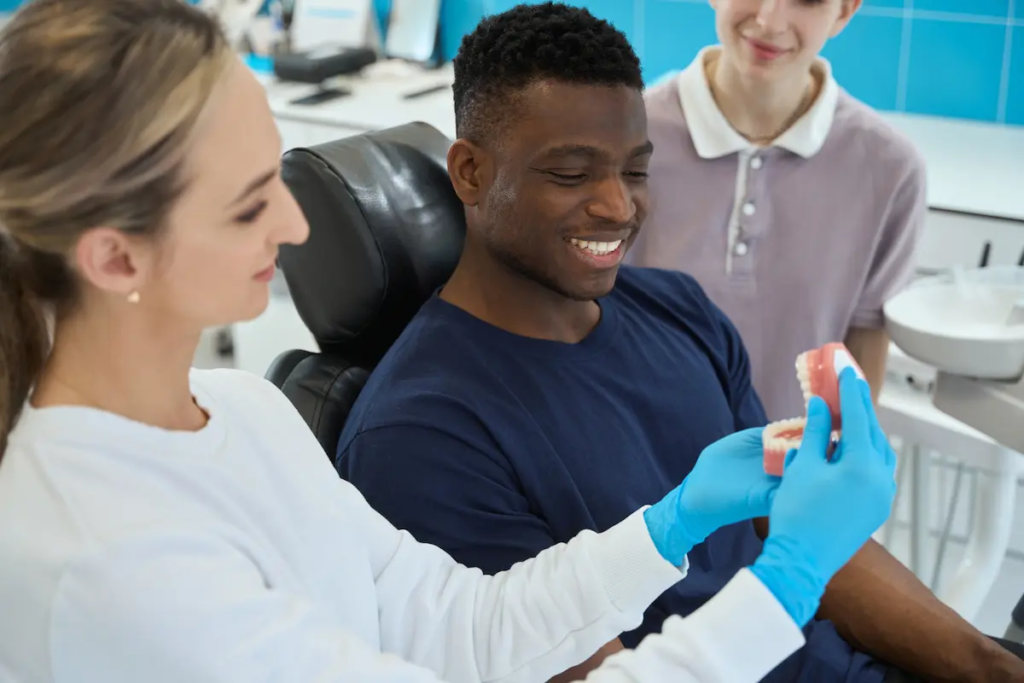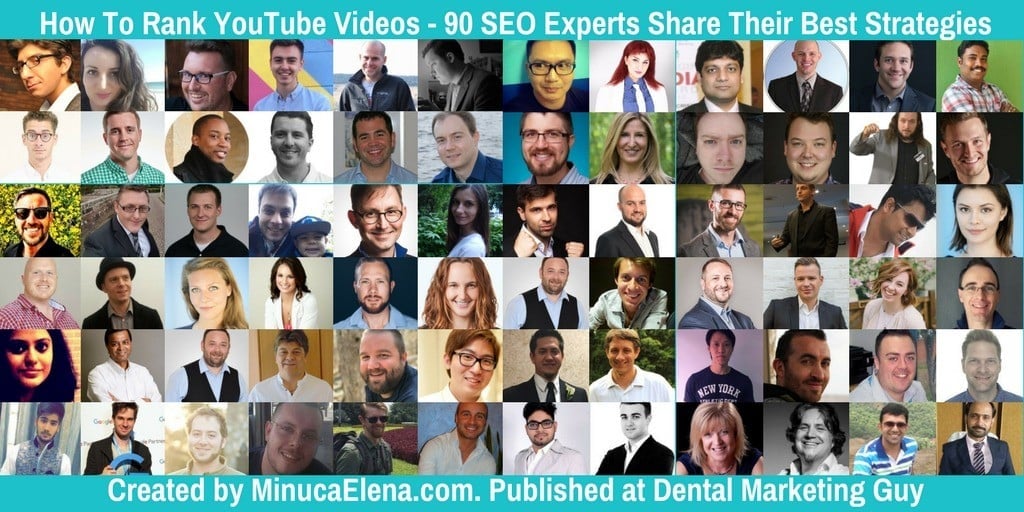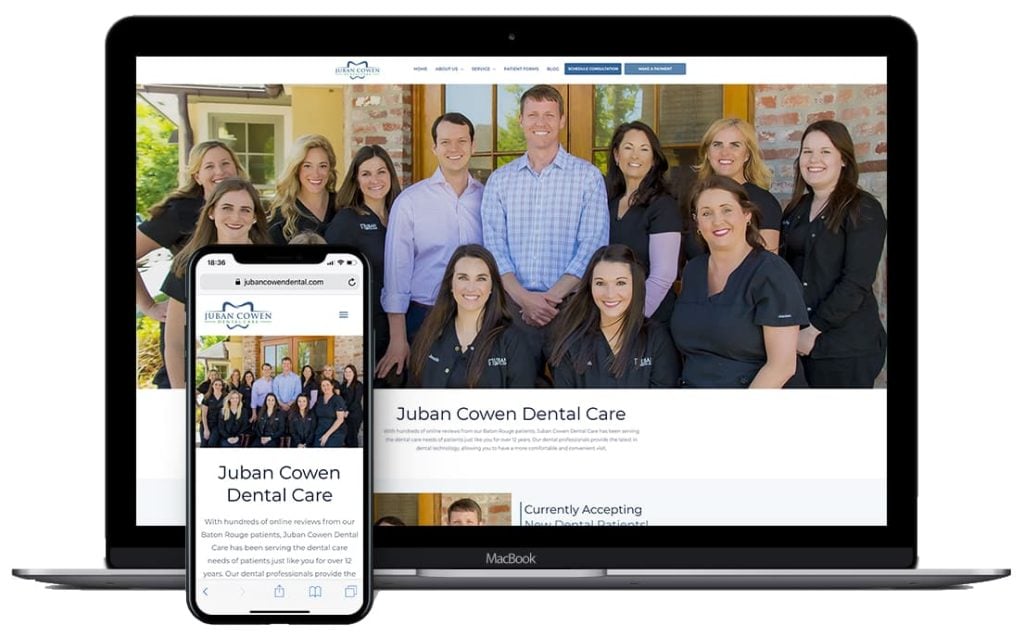Joshua Scott, founder of 8e8 Dental Marketing (8e8 Studio) Justin: Welcome to the Dental Marketing Guy Show, I’m Justin, the dental marketing guy, and today we have a guest who - it’s a huge honor to interview; Joshua Scott, the founder of 8e8 dental marketing (8e8 Studio or Studio 8e8). And, really interesting, I got […]





